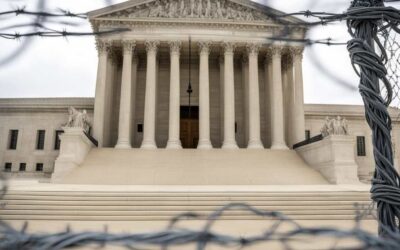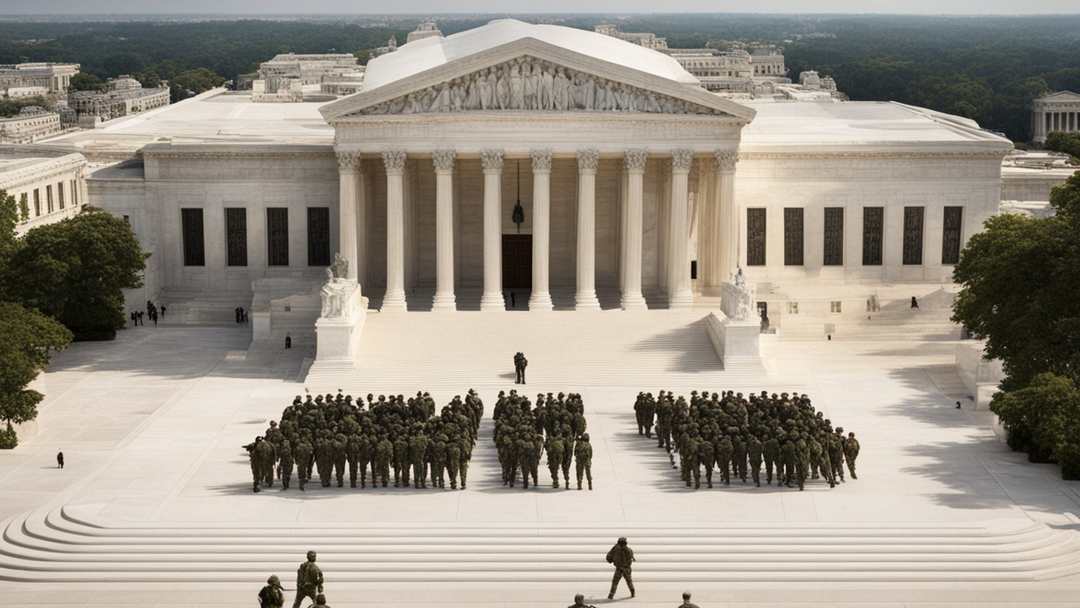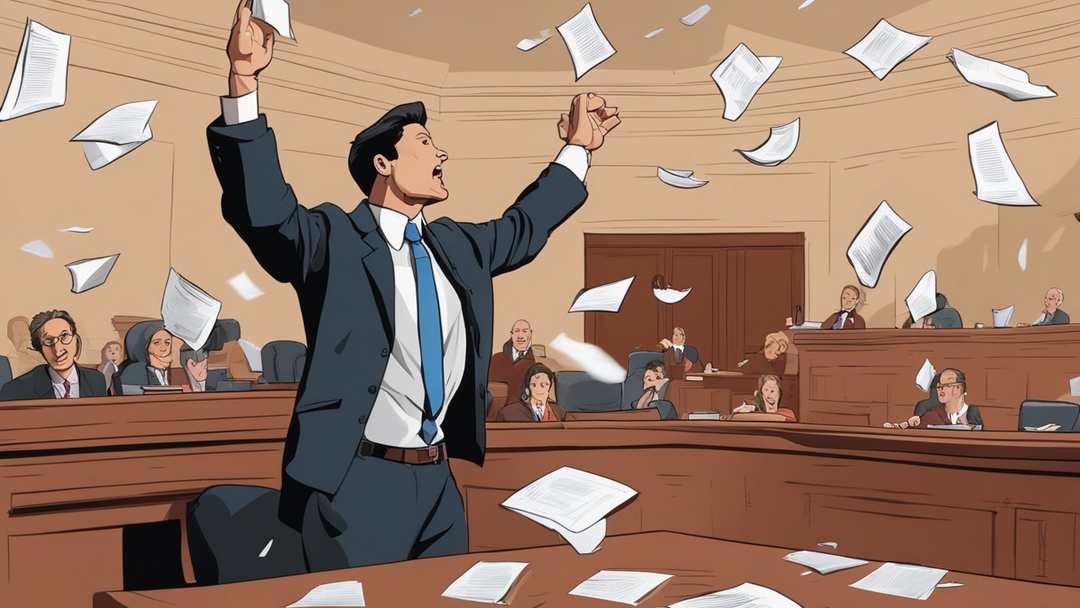Can the police sieze your belongings and hold it without charging you with a crime?Civil asset forfeiture is a legal process that allows law enforcement agencies in Michigan to seize property they suspect is connected to criminal activity, even if the owner hasn't...

When Can Your Silence Be Used Against You in a Legal Situation?
US Supreme Court – Salinas v. Texas
When Can Silence Be Used Against You?
In the realm of criminal law, the Fifth Amendment to the United States Constitution grants individuals critical protections, including the right to remain silent and the right against self-incrimination. These rights are fundamental shields against potential abuses by law enforcement and the legal system.
Understanding Your Fifth Amendment Rights
The Fifth Amendment ensures that no person shall be compelled to be a witness against themselves in a criminal case. This right is commonly invoked during police interrogations and legal proceedings to prevent individuals from inadvertently providing evidence that could be used against them.
Legal Development
The Court held that merely remaining silent in response to police questioning is not sufficient to invoke the privilege against self-incrimination. Instead, individuals must expressly assert their Fifth Amendment rights in order to receive protection.
In the case of Salinas v Texas (decided June 17, 2013), the United States Supreme Court made a significant ruling concerning the invocation of the Fifth Amendment. The Court held that merely remaining silent in response to police questioning is not sufficient to invoke the privilege against self-incrimination. Instead, individuals must expressly assert their Fifth Amendment rights in order to receive protection. Failure to do so may result in the prosecution using a person’s silence against them in court.
Implications for Individuals
This ruling underscores the importance of understanding and actively asserting one’s rights under the Fifth Amendment. If you are in a situation where you may be questioned by law enforcement and wish to invoke your right to remain silent, it is crucial to clearly state that you are asserting your Fifth Amendment privilege. This simple declaration can help protect you from potential legal consequences that may arise from remaining silent without explicitly claiming this constitutional right.
Legal Counsel and Your Rights
When facing legal challenges, particularly in criminal cases, it is advisable to seek legal counsel immediately. A qualified attorney can provide guidance on how to navigate interactions with law enforcement while safeguarding your constitutional rights. If you are subpoenaed to testify, an attorney can also manage the invocation of your Fifth Amendment rights on your behalf, ensuring that your interests are protected throughout the legal process.
Conclusion
In conclusion, while the Fifth Amendment provides powerful protections against self-incrimination, recent legal interpretations necessitate proactive measures to invoke these rights effectively. Merely remaining silent may no longer suffice to protect oneself from potential legal repercussions. Therefore, understanding your rights and seeking competent legal representation are crucial steps in safeguarding your interests under the Fifth Amendment.
For expert legal assistance in navigating criminal law matters and protecting your constitutional rights, contact Komorn Law PLLC today. Our dedicated team is committed to advocating for our clients and ensuring that their rights are upheld throughout the legal process.
CONSTITUTION OF MICHIGAN OF 1963
§ 17 Self-incrimination; due process of law; fair treatment at investigations.
Sec. 17.
History: Const. 1963, Art. I, § 17, Eff. Jan. 1, 1964
Former Constitution: See Const. 1908, Art. II, § 16.
Recent

Michigan Forfeiture News Articles

What Happens When the Government Takes Your Property?
Can the police sieze your belongings and hold it without charging you with a crime?Forfeiture laws in Michigan allow the government to seize property – like cash, cars, or even houses – if they believe it was involved in a crime. This can happen even if the owner...
Other Articles
Government Drones in Your Life – Yes, They Made up a Reason
Long Lake Township v. Maxon The Costs Outweigh Benefits in Exclusionary Rule Application and the Slippery Slope of Fourth Amendment ProtectionsThe recent decision by the Michigan Supreme Court in Long Lake Township v. Maxon represents a significant shift in the...
Supreme Court Opinion – Created federal agencies need judicial oversight
Summary of the Opinion in Loper Bright Enterprises v. RaimondoIn Loper Bright Enterprises v. Raimondo, the Supreme Court addressed the enduring precedent set by Chevron U.S.A., Inc. v. Natural Resources Defense Council, Inc., which has shaped administrative law for...
Carjacking is a Federal Offense
Carjacking is a Federal OffenseCarjacking, the act of forcibly stealing an occupied vehicle, has long been a concern for public safety. It was a local and state issue until a series of violent incidents in the early 1990s that carjacking became a federal...
SCOTUS: No separate hearing required when police seize cars loaned to drivers accused of drug crimes
SCOTUS: When police seize cars loaned to drivers accused of drug crimes it does not necessitate a separate preliminary hearing.The U.S. Supreme Court has ruled against two women who loaned their cars to others arrested for drug crimes while using the vehicles, leading...










